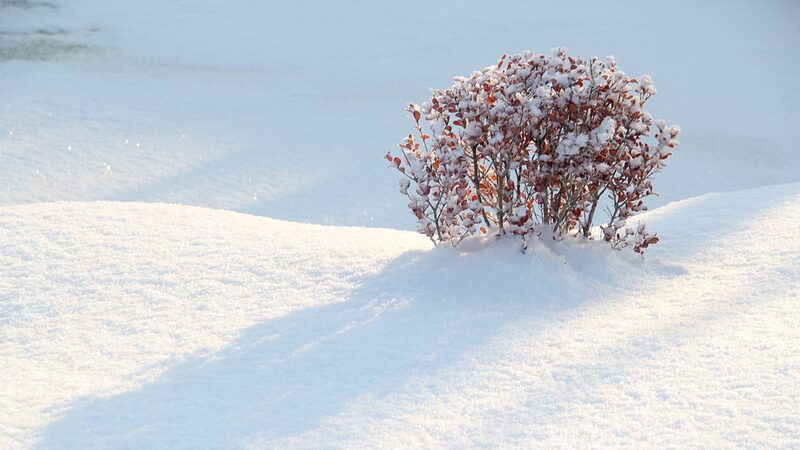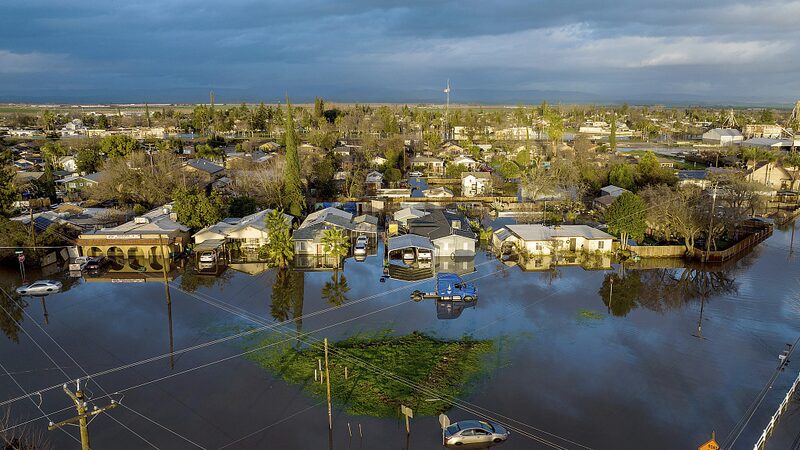A groundbreaking study conducted by researchers from the Institute of Atmospheric Physics at the Chinese Academy of Sciences, the Chinese Academy of Meteorological Sciences, and the University at Albany – State University of New York has revealed that human-induced climate change is playing a role in weakening extreme cold events in Asia.
Published in npj Climate and Atmospheric Science, the research focused on the intense cold wave that struck eastern China in December 2023. The study found that unusual large-scale atmospheric circulation patterns were responsible for 83% of the event's intensity. However, the warming effects of climate change diminished its severity by up to 22%, challenging the common misconception that climate change necessarily leads to harsher winters.
\"Our findings confirm that human-induced climate change is actually weakening extreme cold events,\" said Professor Qian Cheng of the Institute of Atmospheric Physics.
The study further indicates that anthropogenic warming has reduced the likelihood and intensity of cold waves similar to the 2023 event by more than 92% and 1.9 degrees Celsius, respectively, compared to a scenario without human influence. Projections suggest that such extreme cold events will become even rarer and milder by the end of the century, with frequency decreasing by 95% and intensity dropping by over 2 degrees Celsius under an intermediate-emissions scenario.
Despite these positive trends, the study emphasizes that extreme cold events will not vanish entirely. \"If carbon neutrality is achieved and global warming stabilizes at 1.5 degrees Celsius, we could still see cold extremes similar to those today,\" Qian noted. This underscores the necessity for societies to remain prepared for sudden cold snaps, even if the Paris Agreement's 1.5-degree target is met.
The findings highlight the importance of adaptive strategies to mitigate the impacts of extreme cold events, ensuring communities are resilient in the face of ongoing climate change.
Reference(s):
Climate change is weakening extreme cold events, study finds
cgtn.com






